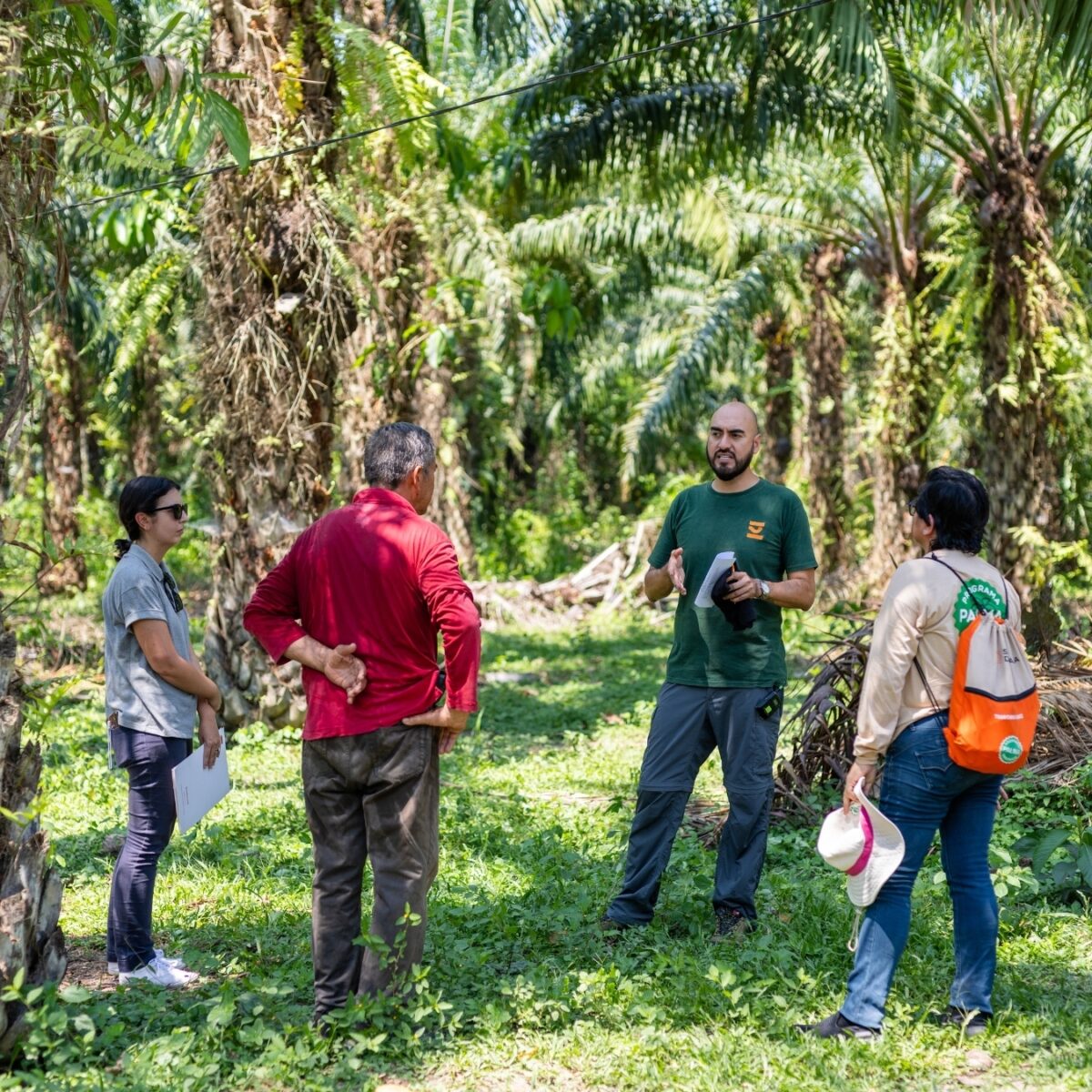4 min read
On 23 September 2025, the European Commission proposed a 12-month postponement of the entry into application of the EU Deforestation Regulation (EUDR), citing IT-system capacity constraints.
If confirmed by the European Parliament and Council, the new dates would shift compliance for larger companies to 31 December 2026, and for micro and small enterprises to 30 June 2027. This would be the second postponement after timeline adjustments communicated in April 2025.
The Commission has explained the delay as a technical necessity, citing concerns about the readiness of the central IT system that will process millions of due diligence statements. Without improvements, officials argue, companies could face significant disruption and uncertainty when placing products on the EU market. In a letter to EU lawmakers, European Commissioner Jessika Roswall warned the platform’s inability to handle the expected volume of due diligence submissions “would likely lead to unacceptable slowdowns or repeated, long-lasting disruptions,” negatively affecting companies’ ability to comply, hence the proposed delay.
"We have concerns about the IT system given the amount of information that we put into the system", shares European Commissioner Jessika Roswall, September 2025. (Source: audiovisual.ec.europa.eu)
Yet forests do not pause for process.
In 2023, the world lost around 3.7 million hectares of tropical primary forest, an area nearly the size of the Netherlands, much of it cleared for agriculture. That’s nearly ten football pitches of irreplaceable forest lost every minute. In 2024, loss remained alarmingly high, 6.7 million hectares of tropical rainforest declines and no decisive global reversal.
While Brussels debates, forest frontlines continue to shift.
The EU Deforestation Regulation (EUDR) was designed to ensure that raw materials such as palm oil, soy, cocoa, coffee, cattle, rubber, and timber placed on the EU market are not linked to deforestation or forest degradation. Companies are expected to provide geolocation data and verify that the land was not deforested after December 2020.
This proposed delay brings frustration and uncertainty for companies that have already invested in preparing their supply chains for compliance. It risks disadvantaging those who acted early and may weaken trust in the EU’s commitment to its climate and biodiversity goals. For farming communities and producer countries, the delay can also send mixed signals about whether long-term investment in sustainable practices will be rewarded.
While the delay reflects real technical challenges, the bigger risk is that ambition weakens just when forests most need protection.
“Each delay signals to communities on the frontlines that their rights and futures can be put on hold, yet they live daily with the consequences of deforestation. Forest protection is inextricably linked to protecting people.
For businesses, moving now rather than waiting for regulation shows foresight and strengthens supply chain resilience.
Companies that invest in traceability and support producers today will not only be ready for compliance but will also secure the livelihoods and ecosystems their supply chains depend on", explains Hanna Jager, Europe Partnerships Lead at Earthworm Foundation.
"At Earthworm, we observe that sustainability is losing prominence on the political agenda, while deforestation and forest degradation continue to rise. Even before the debate around the EUDR began, the agri-food industry had already recognised the need to work towards responsible sourcing that addresses the challenges of climate change, including its direct impact on the rights of the communities that inhabit these areas. For this reason, we believe that, in the times we live in, the ambition of both businesses and civil society needs to be even greater,” Jager adds.

At the same time, we recognise that waiting for regulations alone is insufficient. Many solutions are already underway:
- In Côte d’Ivoire, through our collective partnership with Nestlé, Swiss State Secretariat for Economic Affairs (SECO) and SWISSCO, Touton, Cocoasource, Barry Callebaut and other local partners more than 1,000 hectares have been restored in the Cavally Forest Reserve, linking supply chain commitments directly to forest regeneration.
- In Malaysia, Ferrero and other members are working with us to support smallholder palm farmers in improving productivity and protecting High Conservation Value forests, showing that traceability and livelihoods can advance together.
- In Brazil, our Centre of Social Excellence (CSE) has trained managers from pulp and paper companies on community consultation and consent, strengthening the social backbone of supply chains.
- And through Earthworm’s Starling satellite monitoring with Airbus, companies such as Nestlé and Ferrero are gaining real-time visibility of deforestation risks in their palm oil and cocoa supply chains, well before regulation obliges them to.
“These examples show that progress in deforestation-free supply chains and forest protection has been possible in the past and is possible today, independent of Brussels’ timelines. Companies that continue moving forward will be better prepared when the law eventually takes effect. They’ll also strengthen their supply chains, deepen trust with producers, and protect the ecosystems they rely on. Every season of delay is also a season when forests are at risk, which is why keeping momentum is the only responsible path", shares Fabien Girard, Europe Regional Director at Earthworm Foundation.

In October 2025, the European Parliament and Council will debate whether to confirm this delay and under what conditions. Questions about “low-risk country” designations, IT readiness, and company obligations are likely to dominate.
Earthworm will continue to work with companies, communities and partners to keep ambition on track. Facing technical hurdles requires humility, but it also calls for courage, the courage to act even while the regulation finds its footing.
The most resilient supply chains are those that are agile and responsive to changes. Investing in traceability, supporting producers, and protecting forests pays off regardless of when the EUDR takes effect. The regulation may pause, but deforestation does not.
Forests cannot wait, and neither should we.


